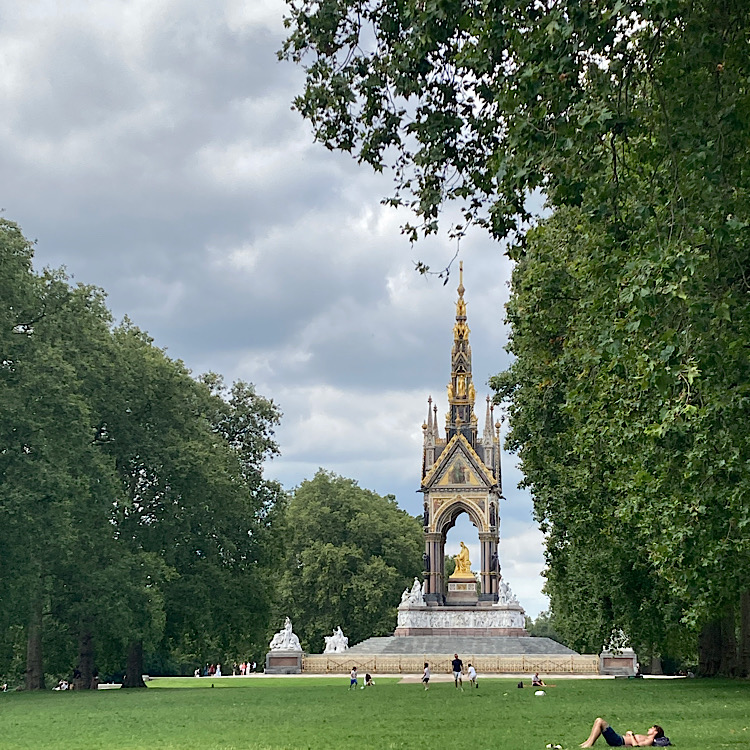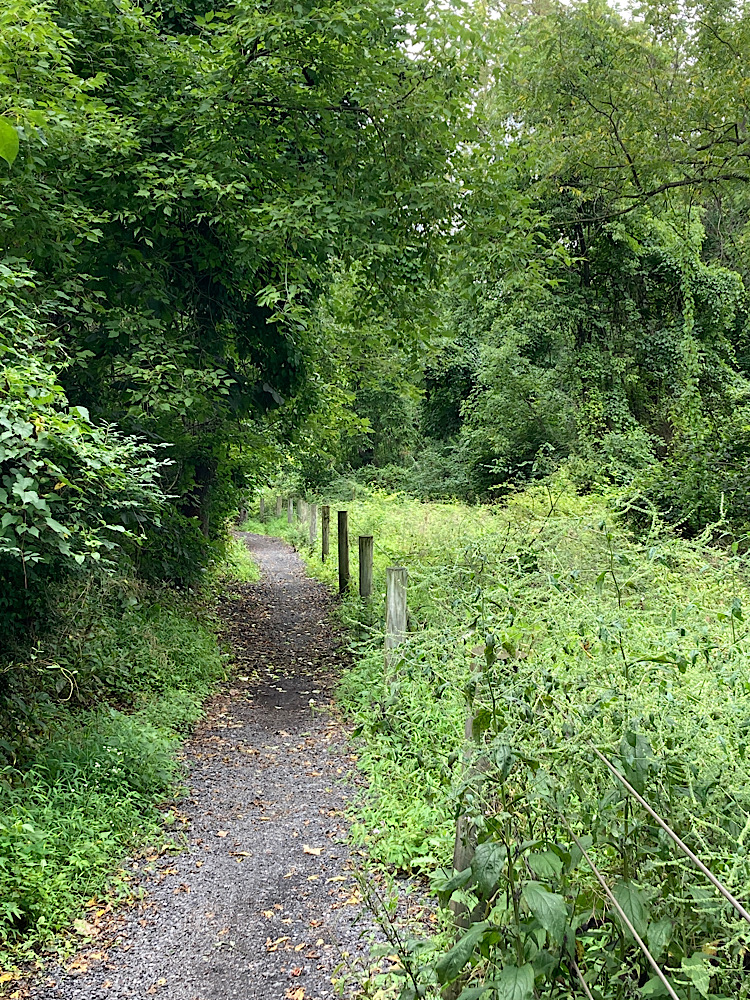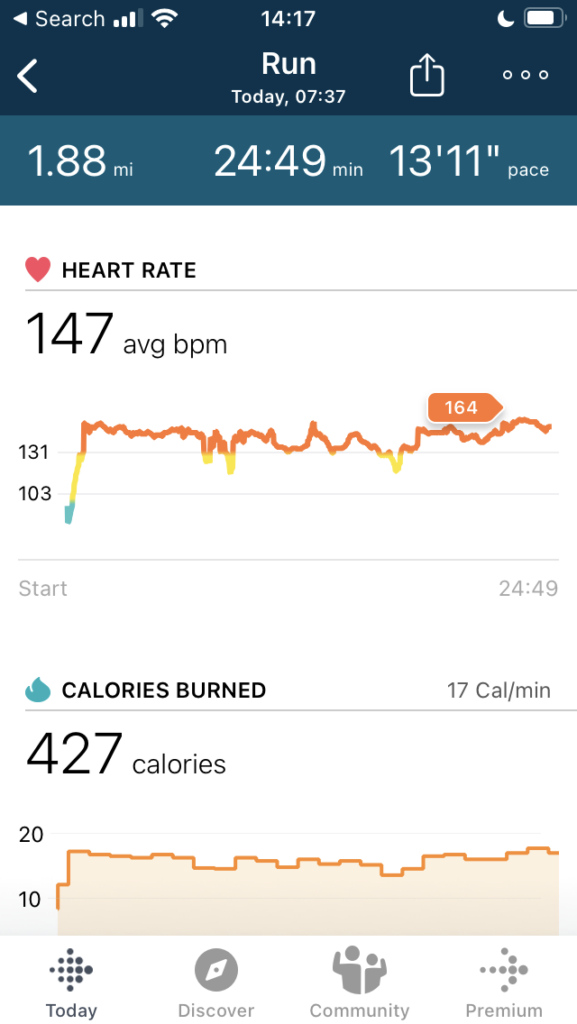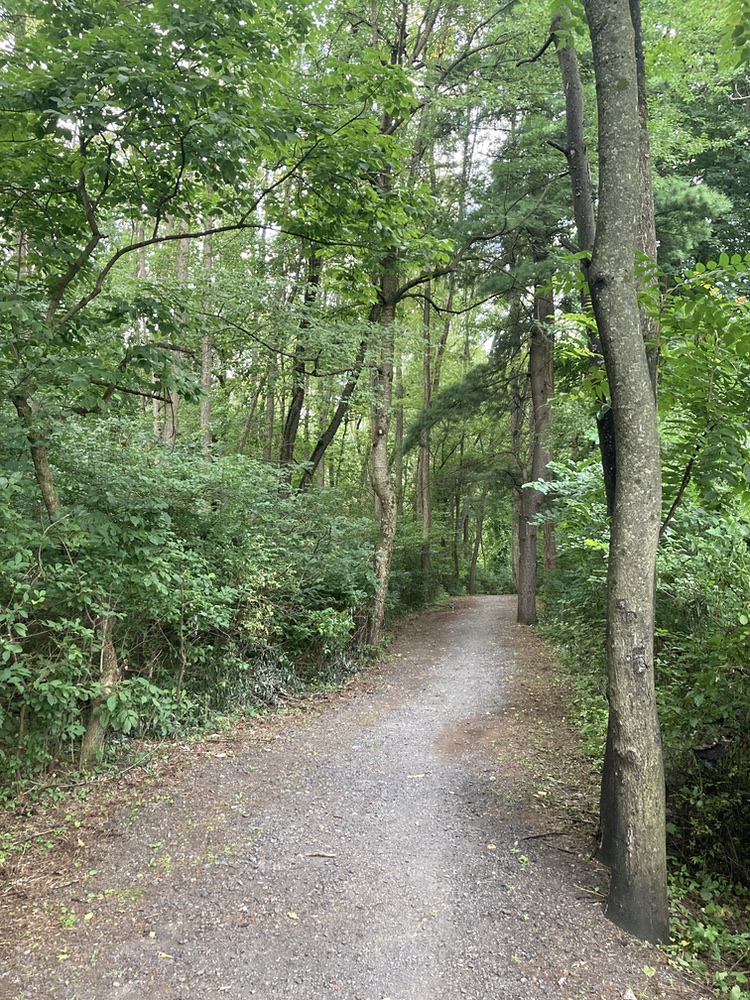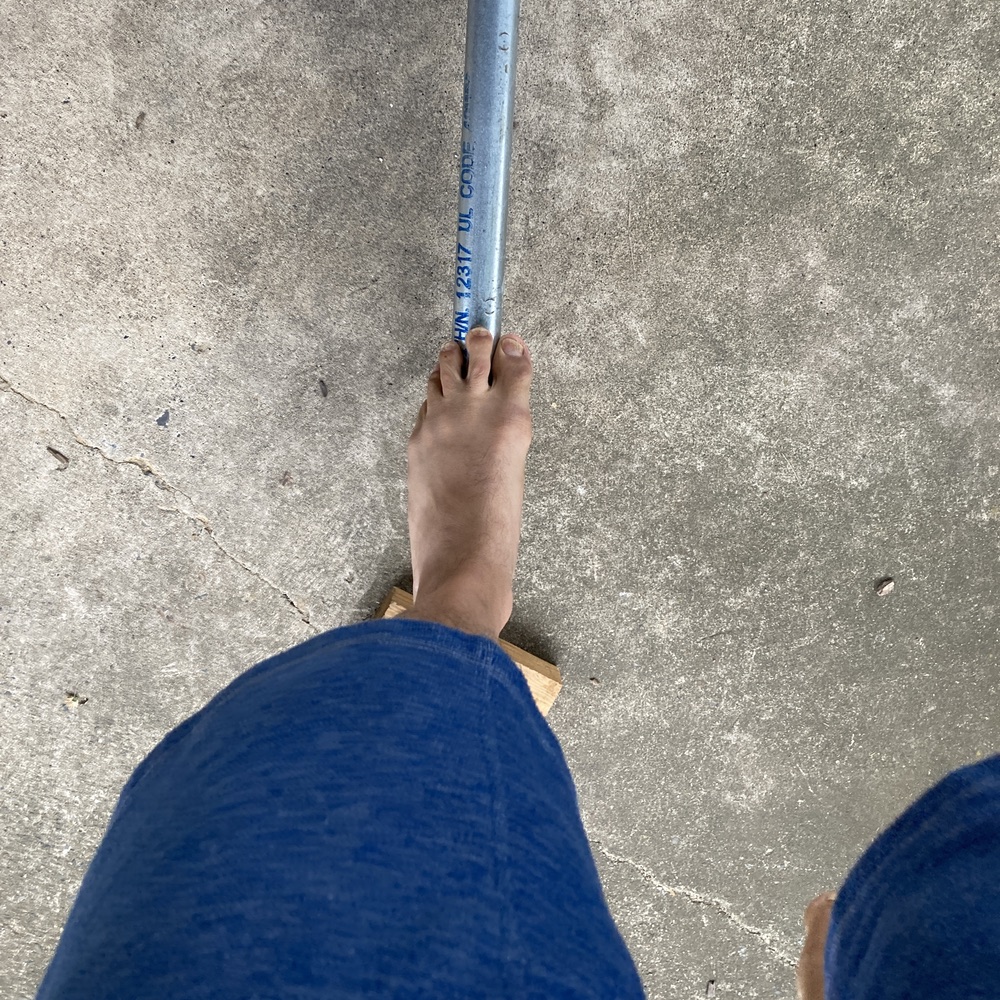Once I learned how to be a good sport, I began to appreciate getting my delusions busted as the target of a well played, real life, condescending Wonka. I’m too often condescending, and being the recipient is potent medicine.
It is to my great pleasure that such a fine example of 18th-century punking is related to typography.
~ Martin McClellan from Letters From the Hellbox: Caslon, Baskerville, and Franklin: Revolutionary Types – McSweeney’s Internet Tendency
slip:4umeai1.
Typography is a field which I find intriguing. People spent tremendous time and effort understanding readability and utility of little bits of lead type, printing presses, and optimizing everything. I find it sublime that someone so into type (go read the essay) was so oblivious about something they held so dear. Yes, do tell me more about that typography minutiae.
At which point I began doing that sort of squinting, glancing side to side, I’m feeling suspicious thing. I’m not a typography nerd, but there are a couple other fields where I could probably use a good punk’ing.
ɕ
